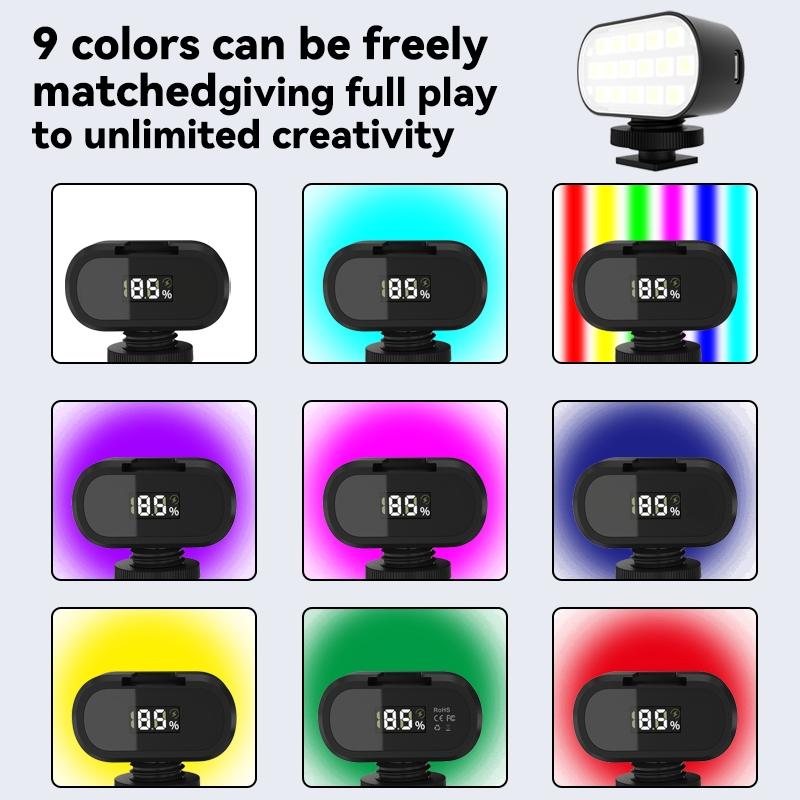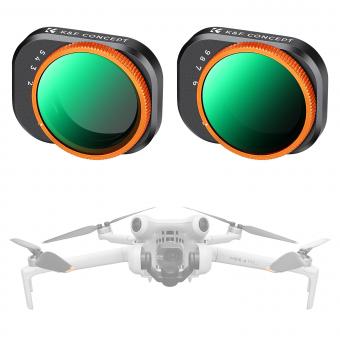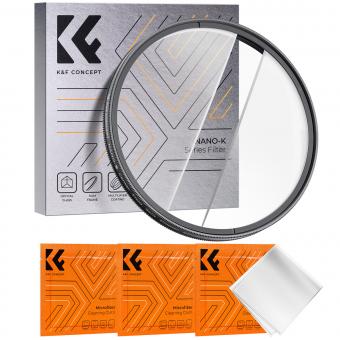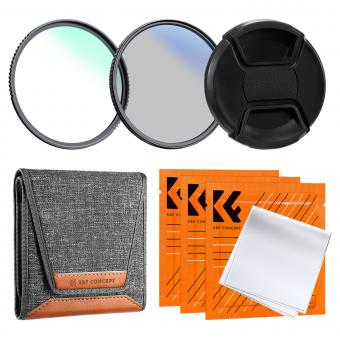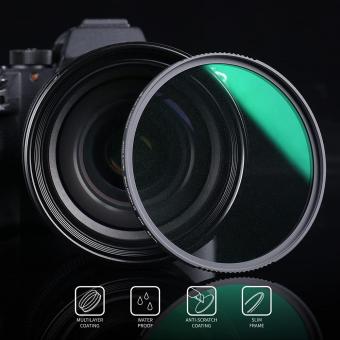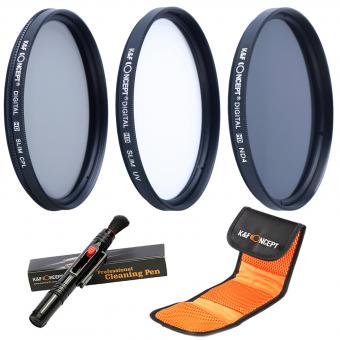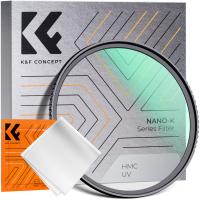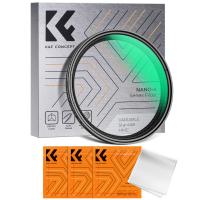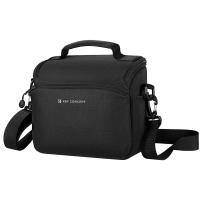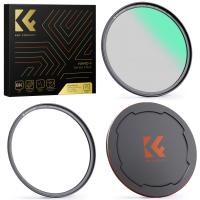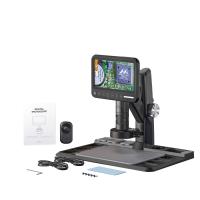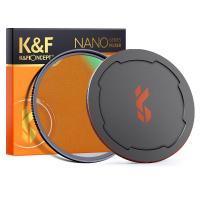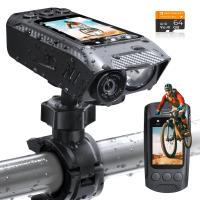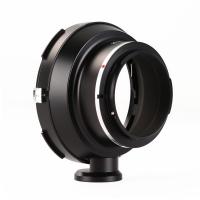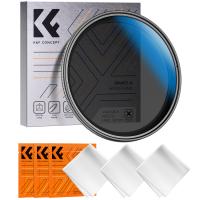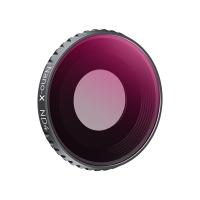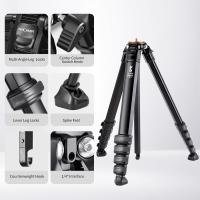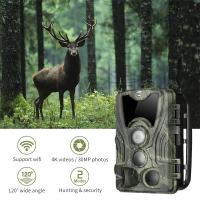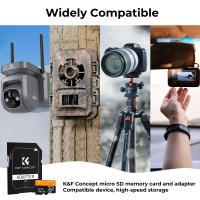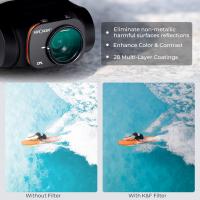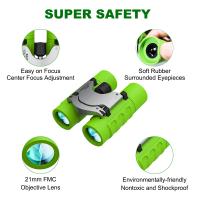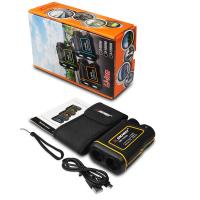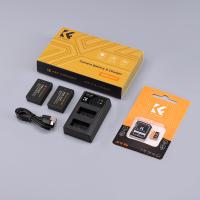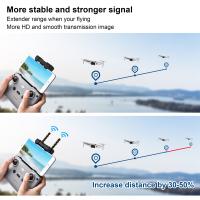What Dose A Uv Light Filter Do Photography ?
A UV light filter in photography is a type of filter that is placed on the front of a camera lens to block ultraviolet light from entering the camera. This type of filter is used to reduce the haze and bluish cast that can be caused by UV light, particularly in outdoor photography. UV light filters can also protect the camera lens from scratches, dust, and other types of damage. However, it is important to note that modern digital cameras are often equipped with built-in UV filters, so the use of an additional filter may not be necessary in all cases.
1、 Ultraviolet (UV) light and its effects on photography
A UV light filter in photography is a type of filter that is placed on the front of a camera lens to block ultraviolet light from entering the camera. Ultraviolet light is a type of light that is invisible to the human eye, but can cause a number of issues in photography. For example, UV light can cause a blueish haze in outdoor photos, reduce contrast, and cause color distortion.
By using a UV light filter, photographers can reduce the amount of UV light that enters the camera, resulting in clearer, sharper, and more vibrant photos. UV filters are particularly useful for outdoor photography, where the sun's UV rays can be particularly strong.
In addition to blocking UV light, some UV filters also offer additional benefits, such as protecting the camera lens from scratches, dust, and other types of damage. However, it's important to note that not all UV filters are created equal, and some may actually reduce image quality or cause unwanted reflections.
In recent years, there has been some debate among photographers about the usefulness of UV filters. Some argue that modern camera sensors are already designed to filter out UV light, making UV filters unnecessary. Others argue that UV filters can still be useful in certain situations, such as when shooting in high-altitude environments or near water, where UV light can be particularly strong.
Ultimately, whether or not to use a UV filter in photography is a matter of personal preference. Some photographers swear by them, while others prefer to go without. As with any piece of photography equipment, it's important to do your research and choose a high-quality filter that meets your specific needs.
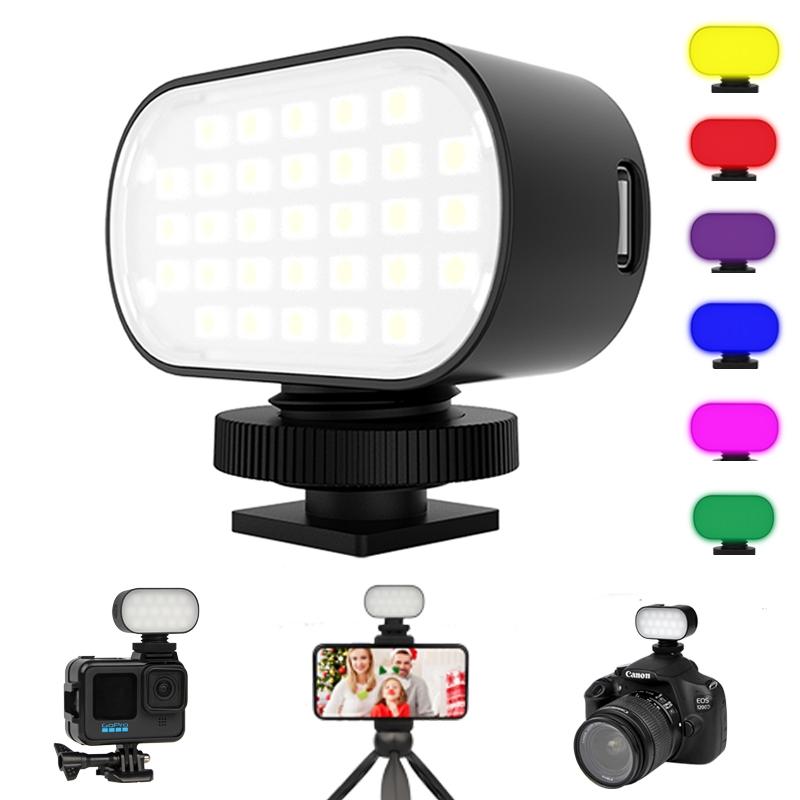
2、 Types of UV filters for camera lenses
A UV light filter in photography is a type of filter that is placed on the camera lens to block ultraviolet light from entering the camera sensor. Ultraviolet light can cause a hazy or bluish cast in photographs, especially in outdoor settings, and can also cause damage to the camera sensor over time. By using a UV filter, photographers can reduce the amount of UV light that enters the camera and improve the overall clarity and sharpness of their images.
There are several types of UV filters available for camera lenses, including clear filters, multi-coated filters, and polarizing filters. Clear filters are the most basic type of UV filter and simply block UV light without affecting the color or contrast of the image. Multi-coated filters are more advanced and have multiple layers of coating to reduce glare and improve image quality. Polarizing filters are also effective at reducing UV light and can also enhance color saturation and reduce reflections.
In recent years, there has been some debate among photographers about the necessity of using UV filters. Some argue that modern camera sensors are already designed to filter out UV light, making UV filters unnecessary. However, others argue that UV filters can still provide added protection for the camera lens and improve image quality in certain situations. Ultimately, the decision to use a UV filter will depend on the individual photographer's preferences and shooting conditions.
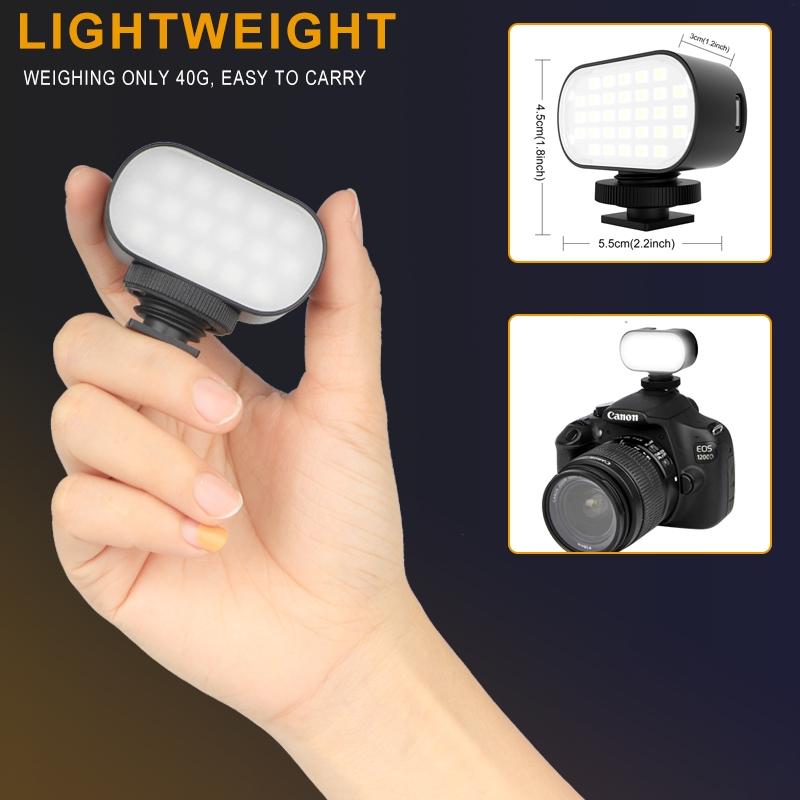
3、 Benefits and drawbacks of using UV filters in photography
What does a UV light filter do in photography?
A UV filter is a type of filter that is used in photography to block ultraviolet light from entering the camera lens. Ultraviolet light can cause a hazy or bluish cast in photographs, especially in outdoor settings. By using a UV filter, photographers can reduce this effect and produce clearer, more vibrant images.
Benefits and drawbacks of using UV filters in photography:
Benefits:
1. Protection: UV filters can protect the camera lens from scratches, dust, and other damage.
2. Clarity: By blocking UV light, the filter can improve the clarity and sharpness of the image.
3. Color correction: UV filters can also help correct color imbalances caused by UV light.
4. Versatility: UV filters can be used in a variety of settings, from outdoor landscapes to indoor portraits.
Drawbacks:
1. Cost: High-quality UV filters can be expensive, especially for larger lenses.
2. Image quality: Some photographers argue that using a filter can reduce image quality, especially in low-light situations.
3. Reflections: UV filters can sometimes cause unwanted reflections or lens flare.
4. Unnecessary: In some cases, a UV filter may not be necessary, especially if the photographer is shooting in a controlled environment.
Latest point of view:
There is some debate among photographers about the usefulness of UV filters. Some argue that modern camera sensors are already designed to filter out UV light, making a separate filter unnecessary. Others argue that a UV filter can still provide some benefits, especially in bright outdoor settings. Ultimately, the decision to use a UV filter will depend on the photographer's personal preferences and shooting style.
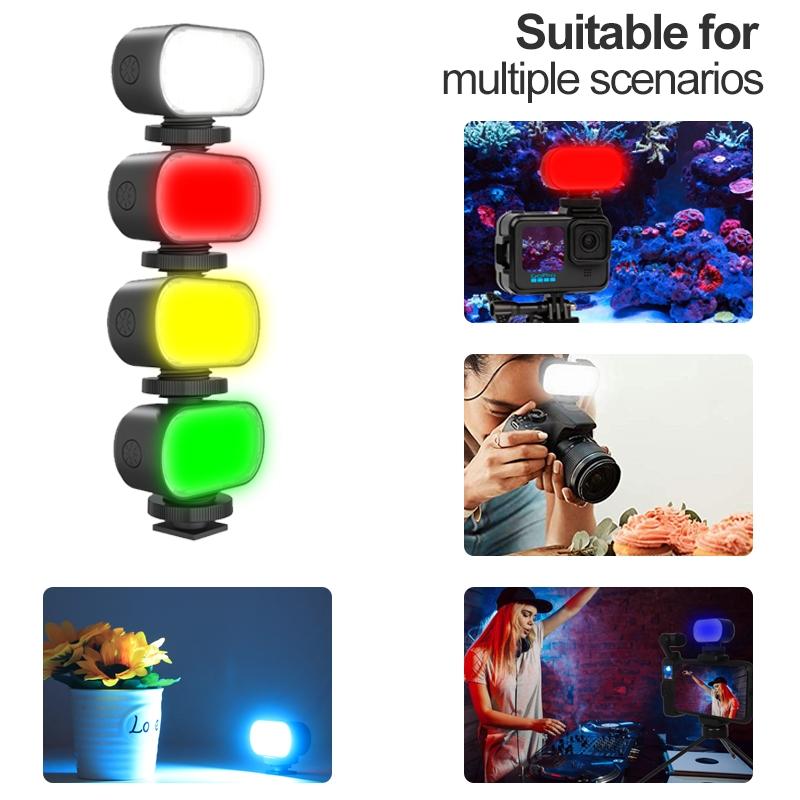
4、 How to choose the right UV filter for your camera lens
What does a UV light filter do in photography?
A UV filter is a type of filter that is placed on the front of a camera lens to block ultraviolet light. UV light can cause a hazy or bluish cast in photographs, especially in outdoor settings. A UV filter helps to reduce this effect and produce clearer, sharper images.
In addition to reducing the effects of UV light, a UV filter can also protect the front element of a camera lens from scratches, dust, and other debris. This can be especially important for photographers who frequently shoot in harsh environments or who are prone to accidental damage.
How to choose the right UV filter for your camera lens?
When choosing a UV filter for your camera lens, there are a few key factors to consider. First, you'll want to make sure that the filter is the correct size for your lens. Most filters are available in a range of sizes to fit different lenses, so be sure to check the specifications before making a purchase.
You'll also want to consider the quality of the filter. Cheaper filters may be more prone to distortion or color cast, which can negatively impact your images. Look for filters made from high-quality materials and with multi-coating to reduce reflections and improve image quality.
Finally, consider the brand and reputation of the filter manufacturer. Some well-known brands include B+W, Hoya, and Tiffen, but there are many other options available as well. Do your research and read reviews from other photographers to find the best UV filter for your needs.
In recent years, there has been some debate about the necessity of UV filters in digital photography. Some argue that modern digital sensors are less susceptible to UV light than film, and that the benefits of a UV filter are minimal. However, others still swear by UV filters as a way to protect their lenses and improve image quality. Ultimately, the decision to use a UV filter is up to the individual photographer and their specific needs.
